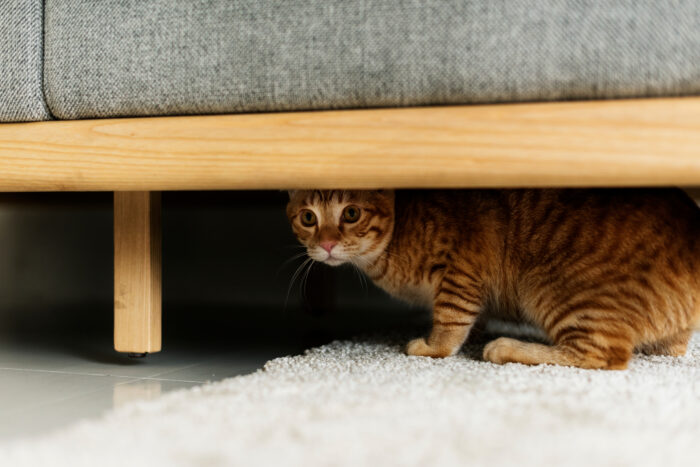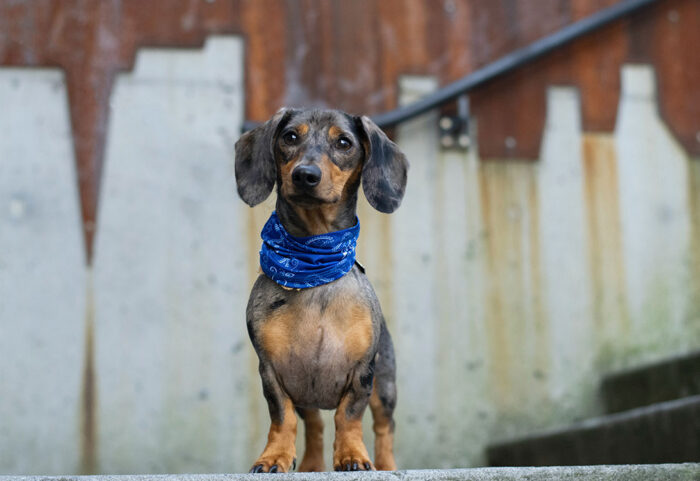Should Your Pet be Eating More Squash?
Squash is everywhere this time of year. First come the pumpkins, orange and white and striped. Then come the butternuts, the acorns, the Hokkaido and the pattypan. They’re everywhere. Squash are easy to prepare and they’re super cost-effective. They’re also chock full of fiber and vitamins and…hey? Should you be giving more squash to your dog or cat? Let’s dig deeper.
Why Squash?
Squash are one of the oldest cultivated vegetables on earth. They grow easily and abundantly and just one squash can provide enough nutrients for days. The good news is, many squash varieties have a natural sweetness dogs and cats love!
Nutritional Benefits of Squash
Is squash nutritious? You bet! Vitamins, minerals, nutrients…you name it, squash has it all. The primary vitamin offered by squash is vitamin A, an essential element for immune system health, vision, and even reproduction. You’ll also find vitamin C, vitamin B6, vitamin E, niacin, thiamin, pantothenic acid, and folate in most squash varieties. Squash has a lot of fiber and is also very hydrating. It’s truly a wonder food.
Will Squash Make My Pet Healthier?
Well, not on its own. But in conjunction with a balanced diet and proper veterinary care, vegetables like squash can offer a lot of health benefits for pets. In people, squash can boost immunity, reduce inflammation, and even stave off diabetes. Perhaps most importantly, some of the nutrients found in squash have been shown to protect heart health and overall vascular function.
Will My Pet Eat It?
Maybe! Even the pickiest dogs and cats deserve a chance to try something new, and squash is a great “human” food to start with if you’re looking to expand your animal’s palette. Remember, raw squash can be hard for your kitty or pooch to digest, so always peel and cook it first. Here are a few suggestions for preparing winter squash:
- Steam 1” cubes of squash then mix the chunks in with your pet’s regular kibble
- Make squash “soup” by cooking then pureeing squash + broth, then pour over your animal’s food bowl
Though they may love it, always give your pet squash in moderation. Suddenly introducing huge quantities of anything new into your animal’s diet is a recipe for indigestion. Also beware squash that’s part of a larger dish. Squash casserole, for example, contains tons of fatty cream and cheese your animal doesn’t need, and may even contain onions and/or garlic which are extremely toxic to dogs.


